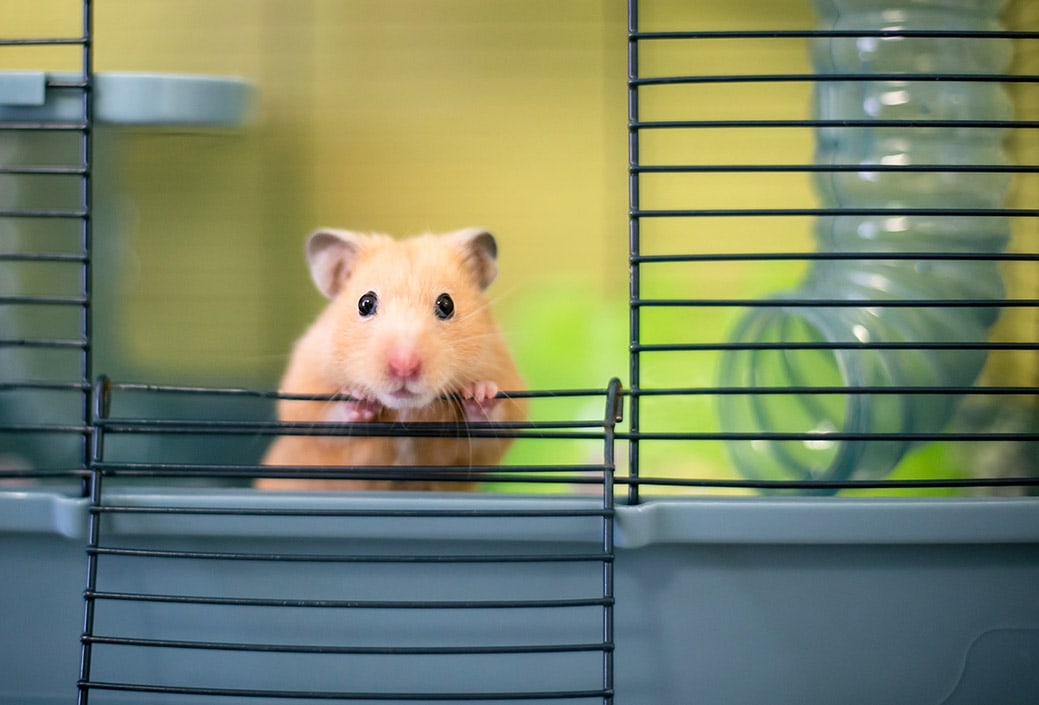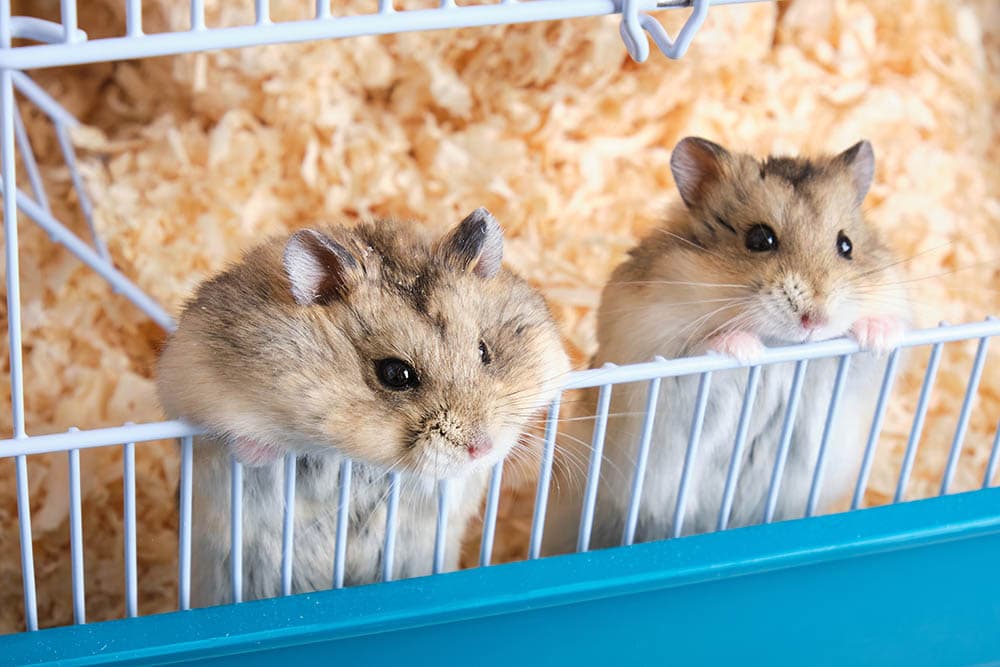
Hamsters are very popular pets, especially with kids. They are primarily independent and easy to care for, and some owners even claim to develop strong connections with their hamsters.
If you own a hamster and believe you have developed a sentimental bond, you may be wondering how deep that bond can go. Though hamsters are able to recognize other members of their own species and react accordingly, and likewise learn to somewhat recognize their caretakers, they do not have the ability to sense human emotions.
Can Hamsters Feel Your Emotions?
There is no study done on hamsters which would indicate that they are able to recognize or feel human emotions. However, there are some studies which may hint that hamsters have the potential to recognize you as their caretaker.
In a study involving hamster memory, it was found that hamsters recognize other hamsters by virtue of their scent and physical contact with other hamsters 1. This means that scent alone isn’t enough for a hamster to recognize another hamster or person; however, they may be associated with other cues, such as sounds and, more importantly, touch.
The combination of scent and physical contact allows hamsters to recognize other hamsters. Although it isn’t tested whether hamsters can use this to recognize you, it might be a possible hypothesis. However, it doesn’t involve recognizing your emotions.
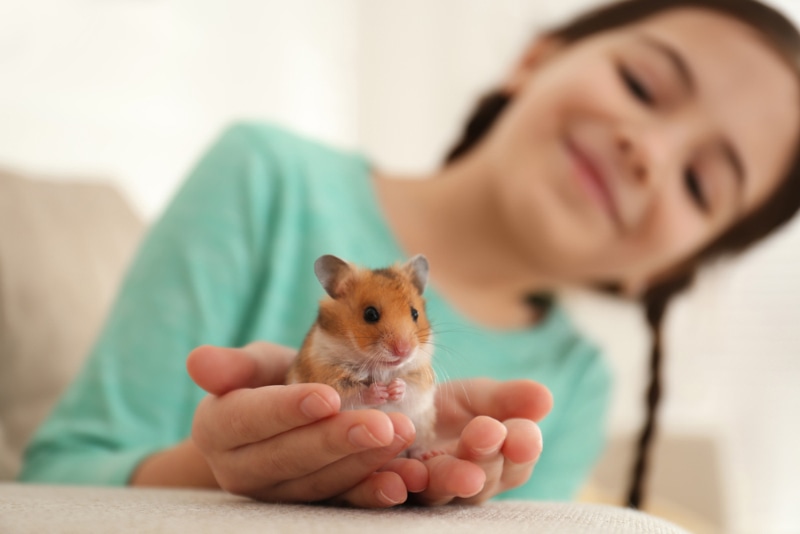
Do Hamsters Know When You Are Sad?
No, hamsters do not have the ability to tell whether you’re sad or not. Hamsters can remember familiar hamsters 2, but this is usually as a survival tool to avoid confrontation with familiar hamsters they’ve lost territorial disputes to.
There is no indication that hamsters are able to discern what your emotional state is.
How to Tell if Your Hamster Notices a Difference in Your Emotions
Unfortunately, there’s no way to tell if your hamster is able to notice a difference in your emotions. This aspect of interspecies understanding and high levels of emotional intelligence haven’t been investigated in hamsters. However, it is unlikely that they possess these abilities, as they are primarily solitary animals.
Hamsters possess the ability to recognize other hamsters, as this is crucial for establishing dominance hierarchies and territorial networks. Thus, hamsters do have the ability to discriminate and recognize other hamsters. However, there’s no proof or plausible hypothesis that would allow hamsters to notice a change in your emotions.
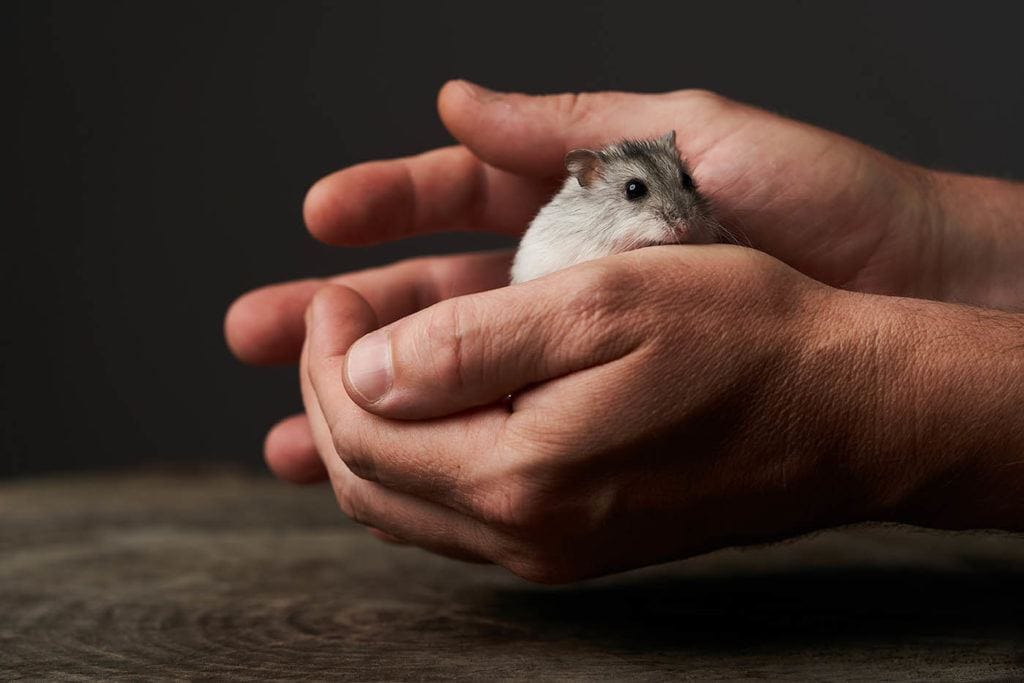
How to Bond With Your Hamster
Though hamsters cannot appreciate our emotions, it is still important to bond with your pet, as this is crucial for realizing when something is wrong with your pet. It also makes the experience of having a pet more rewarding.
Open the cage each day and allow your hamster to smell your hands. Don’t attempt to pick them up hastily; allow them to get familiar with your smell. Continue to do this every day until your hamster willingly climbs onto your hand. Gently pet your hamster but avoid any quick movements.
You can also hand-feed your hamster treats to gain their trust. This way, they will also become familiar with your scent. One day, you may enjoy your hamster eating from your hand or watching them sleep curled up in your pocket.
You can also talk to your hamster softly and gently so that they become familiar with your voice.
Tips to Keep Your Hamster Safe
Your hamster’s living space is where they will spend the majority of their time, so they must meet all the necessary criteria for your pet to stay safe. If your hamster doesn’t feel safe, it may also affect their ability to bond with you.
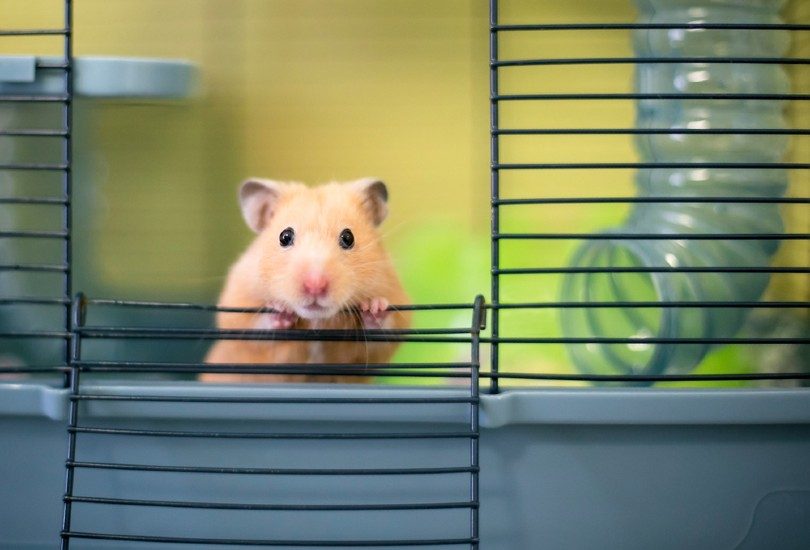
- You might also like: Do Hamsters Recognize Their Name
Conclusion
While hamsters can’t sense human emotions per se, they can recognize and identify other hamsters.
However, hamsters should be bonded with as it promotes animal welfare and makes them more enjoyable as pets. Ensuring they’re in a comfortable environment and have their needs met is a good starting point for a healthy relationship with your pet.
- Related Read: Can Hamsters Get High? How Drugs Affect Rodents
Featured Image Credit: JarkkoManty, Pixabay



